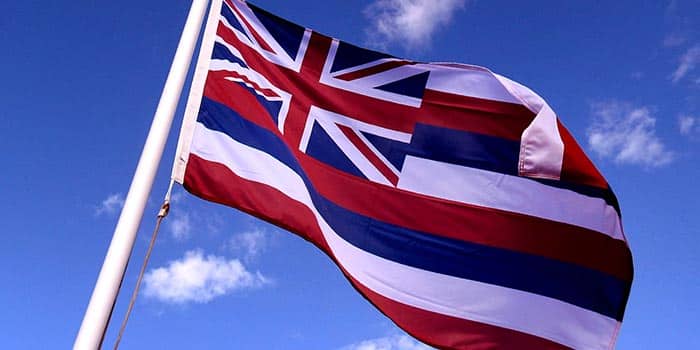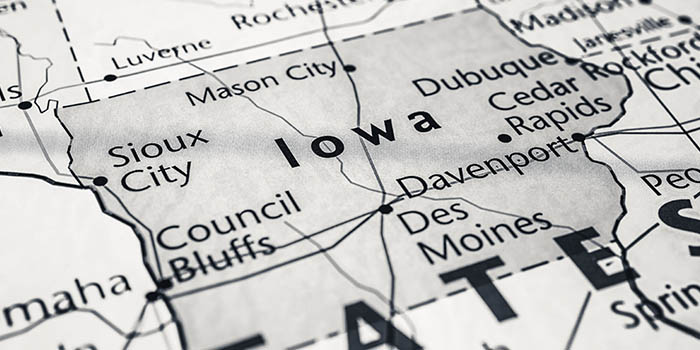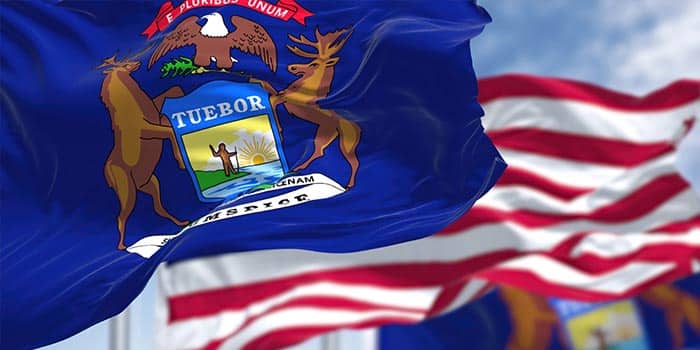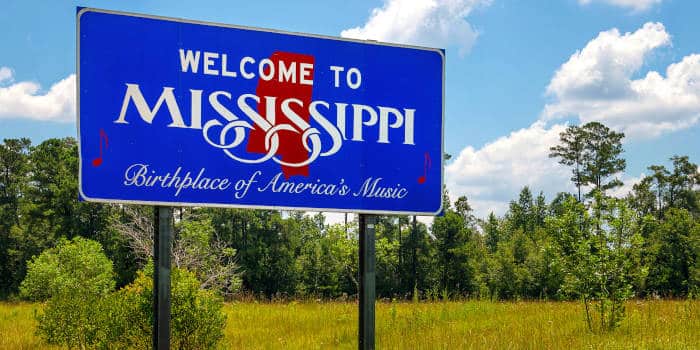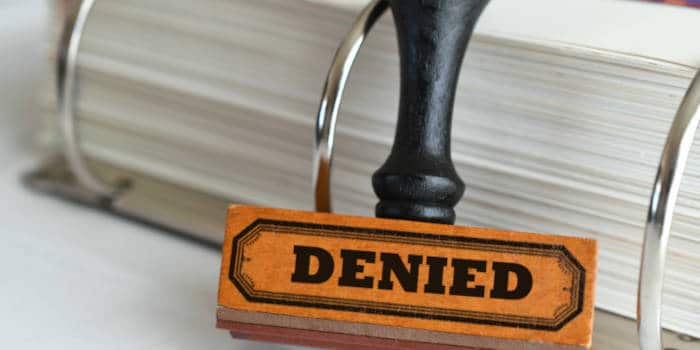Fact-checked by Stoyan Todorov
Alberta Set for Early License-Based Gambling Model in 2026
The province of Alberta will become one of the latest to switch to a license-based model and shift away from the current local monopoly

Alberta is set to become one of three provinces to host a more liberal gambling market designed to allow multiple operators in. Currently, only Ontario operates under this business model, but Alberta is poised to follow suit in creating a more universally accepted gambling framework.
Alberta Heading for Quick Multi-License Focused Re-Regulation
With this in mind, Alberta’s Minister of Service and Red Tape Reduction, Dale Nally, made a statement that paved the way forward for the province, as one of the three that will soon launch their multi-licensed model.
Although Nally skimped on the details during his speech at the Canadian Gaming Summit held at the Metro Toronto Convention Center, he acknowledged that the iGaming and sports gambling industry, which involves more than just the provincial monopoly, should be arriving before long.
He was cautious not to give specific and binding deadlines, however, arguing that Albert had indeed decided to launch the newly-regulated market in 2026, but that final details were still being hammered out in a bid to ensure that everything would go smoothly.
Alberta, as well as British Columbia, has the benefit of studying Ontario’s iGaming market, which has not been entirely successful, with the channelization rate reaching around 90%.
However, this number is far superior to what the two provinces are able to show today, as the majority of people in both tend to play with unregulated websites exclusively, the local gaming platforms are in fact largely avoided, even though people are aware of them.
Interestingly, many of the people who play with illegal operators – around 50% of them- are not even aware that this is the case.
Final Details Being Hammered Out – No Exact Date Yet
Nally acknowledged that Ontario will be used as the experience on which Alberta will draw, and further highlighted the strengths of the province, which already has a strong economy, a lot of disposable income per capita, affordable housing, and more.
The minister believes that these factors are going to further contribute to a strong and thriving gambling market. Alberta is working on the details of creating the Alberta iGaming Corporation, which will be tasked with overseeing and laying the groundwork of the industry.
The processes have already begun, but more work needs to be done.
Jerome brings a wealth of journalistic experience within the iGaming sector. His interest in the industry began after graduating from college, where he regularly participated in local poker tournaments. This exposure led him to the growing popularity of online poker and casino rooms. Jerome now channels all the knowledge he's accrued to fuel his passion for journalism, providing our team with the latest scoops online.
